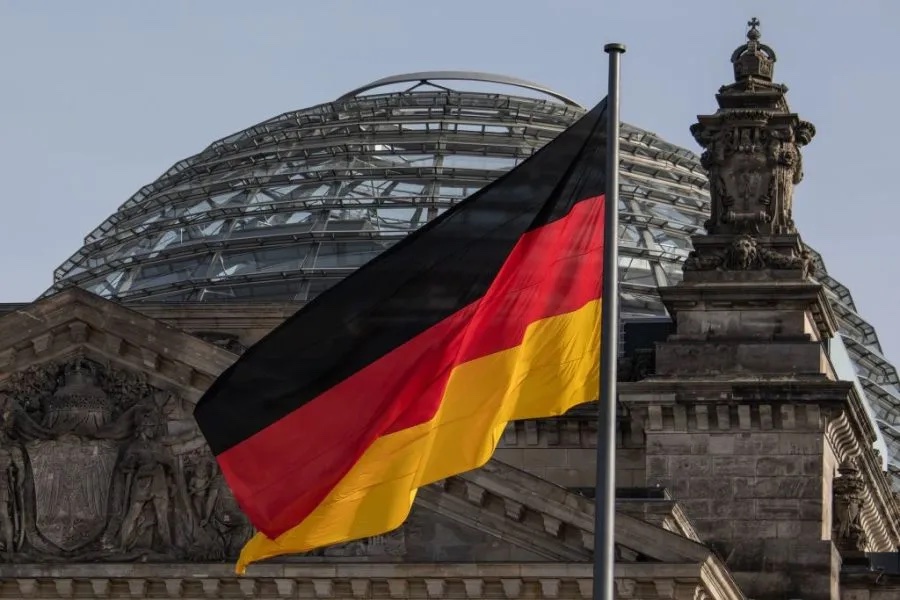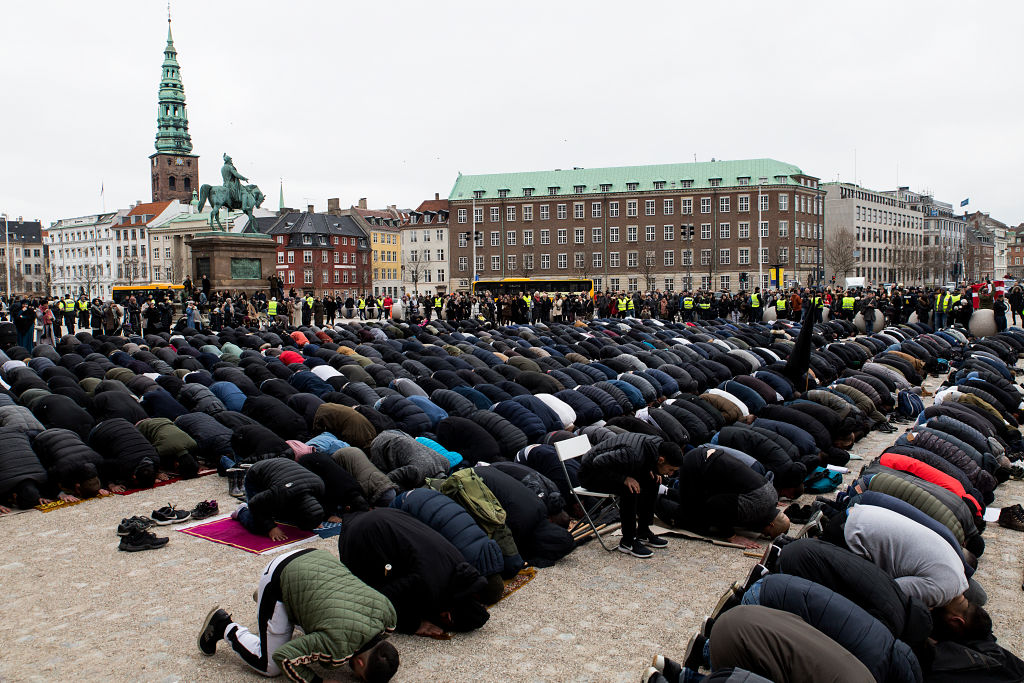If ever the West needed confirmation that we have become firmly entrenched in a new Cold War with Russia, this month’s warnings from intelligence services across Europe should do it. Just a week after MI5’s Ken McCallum said that Russia’s military intelligence service is “on a sustained mission to generate mayhem on British and European streets,” the German security services have also raised the alarm. They have warned that the coming months would see the Russian secret services crank up the heat on acts of espionage and sabotage in Germany “without scruple.”
Appearing for their annual grilling at the Bundestag’s parliamentary control committee on Monday, the heads of Germany’s three intelligence agencies spelt out in alarming terms the extent of Russia’s ambitions. “The Kremlin sees the West and therefore Germany as an enemy,” warned the federal intelligence service’s Bruno Kahl. “We are in direct conflict with Russia.” The Russian army, he said, was likely to be capable of launching an attack on Nato by 2030 at the latest.
Putin, Kahl said, wants to test the West’s “red lines.” The head of Germany’s military intelligence, Martina Rosenberg chimed in, describing the “worryingly” high levels of espionage targeting the German army. Arms deliveries to Ukraine, training and armaments projects are particularly vulnerable to such unwanted attention, she said.
The country’s domestic intelligence chief Thomas Haldenwang then raised an incident from July in which a parcel caught fire in a DHL parcel processing hub at Leipzig airport. The package had been sent from Lithuania and was bound for Britain. It had been placed in a cargo container, the whole of which set alight. The cause of the fire was found to have been an incendiary device. Thanks to what Haldenwang called a “lucky coincidence,” the cargo plane due to carry it to Britain was delayed; had it not been, the parcel would have exploded mid-air and downed the aircraft, he revealed.
It would be easy to dismiss the German spy chiefs’ warnings as alarmist. This isn’t, for one, the first time that the German authorities have suggested that Russia could attack Nato in the near future. Back in January, leaked documents from the German ministry of defense claimed to spell out a potential route to war by mid-2025. Many of the steps laid out in that plan have not come to pass. But it is worth considering that while Germans may see little disruption to their daily lives from Russian sabotage and espionage, that doesn’t mean such incidents don’t — and won’t continue to — occur.
The Leipzig parcel incident is far from isolated: over the course of this year, instances of arson at places such as depots and storage warehouses have been cropping up right across Europe. From Britain to Poland to Germany, with many others in between, all have been linked back to Russia.
The reason for this increasingly unsubtle campaign of hostility is straightforward. These countries make up some of Ukraine’s biggest European backers. With the war in Ukraine about to enter its third winter, it is in Russia’s interest for western support for Kyiv to falter. In countries such as Germany where backing Ukraine is an increasingly politically divisive subject, spying and sabotage help to create fear and feed sentiment among some quarters that Putin’s invasion is none of Berlin’s business. Alluding to this on Monday, Haldenwang stressed — a touch sardonically — that even those “here in Germany who sympathize with Putin and his regime” would, of course, not have been spared by falling debris from a sabotaged plane.
The warning from Germany’s intelligence chiefs coincided with comments made by the country’s interior minister Nancy Faeser, who confirmed that “Putin’s regime is becoming increasingly aggressive.” But it would be a mistake for Germany to interpret this as a sign of Russia’s strength; rather, like an animal backed into a corner, the Kremlin is lashing out, trying to make itself look bigger and scarier in the hope it won’t be eaten.
Russian sabotage and espionage on European soil is perhaps the undervalued cost of the West’s support for Ukraine. But giving up on Ukraine now won’t reduce the security risks to Germany, or any other European country. The Kremlin’s blood lust is up, but there is strength in numbers.
This article was originally published on The Spectator’s UK website.


























Leave a Reply